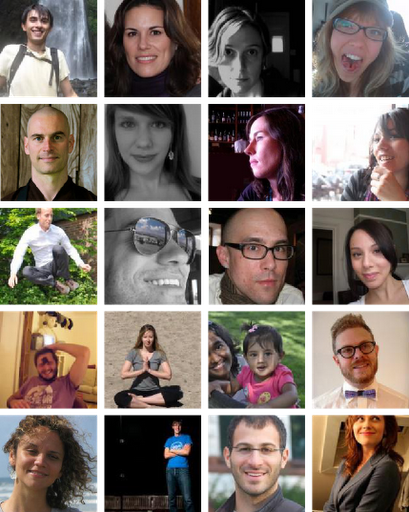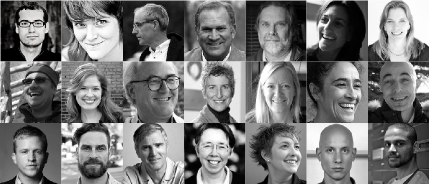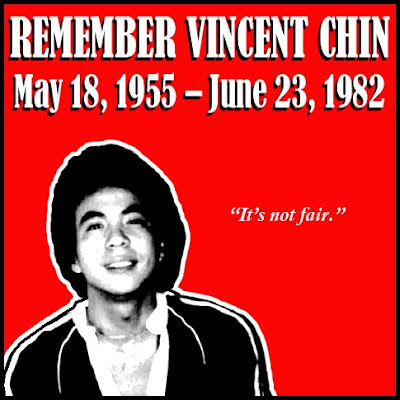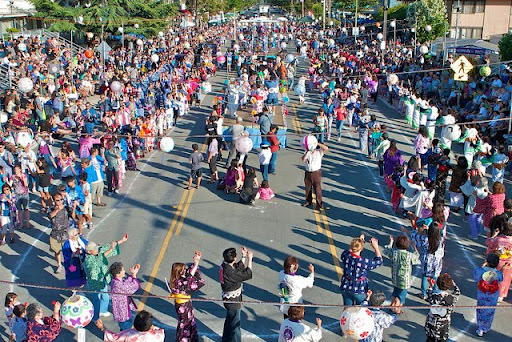I wish people would stop calling us “ethnic Buddhists.” Lewis Richmond did it again today when he referred to Asian Buddhists as “ethnic Buddhists” in his Huffington Post article. His categorization of the Buddhist community into “ethnic and non-ethnic Buddhists” is a crude version of Charles Prebish’s already crude “two Buddhisms” model. Prebish himself is no stranger to the term “ethnic,” which he recently used to refer to Asian Buddhist communities in a Tricycle blog piece.
My gripe is not with the word “ethnic” itself, but with how this bare form is used in expressions like ethnic food, ethnic music, ethnic neighborhoods… or ethnic Buddhism.
When Americans use “ethnic” in this way, rarely do we refer to the cranberry sauce with the Thanksgiving turkey, Mozart concertos, or Scarsdale’s Quaker Ridge neighborhood. “Ethnic” is the term we assign to people of strange and foreign cultural backgrounds. It would not surprise me if Charles Prebish, an ethnic Ashkenazi, has himself had the (mis)fortune of being deemed “ethnic,” thus labelled by those who saw Jews as somehow less “American” than their WASPish counterparts. “Ethnic” is the term that “we” use to refer to “them.”
So what would be the alternative to calling us “ethnic Buddhists”?
Call us Asian Buddhists. It’s the term which by and large we use to refer to ourselves. You may not remember, but there was once a time when Asian Americans were referred to as Orientals or Asiatics — even Mongolians! — and it was a coalition of Asian American activists in the late 1960s who successfully brought the term “Asian American” into common currency. We have never encouraged others to label us as “ethnics,” so please: don’t.
* * *
My parents are from the generation which spearheaded the Asian American movement, the movement which fought for the term “Asian,” for an apology for wartime internment, for recognition of the grave injustice that was the murder of Vincent Chin. Even so, my parents occasionally slip and say, “Oriental.” It’s an annoying slip, albeit unintentional, which probably stems from my parents’ ages (both pre-Boomers) and the linguistic habits they formed in their youth. I would like to imagine that for Charles Prebish, a great friend and supporter of Asian American Buddhist communities for decades, his use of the term “ethnic” is likewise a reflex of his youth during another era of American history.
I hope both Prebish and Richmond understand that I address them with nearly the same respect and compassion that I hold for my own dear parents when I say:
Please stop calling us “ethnic Buddhists”!



